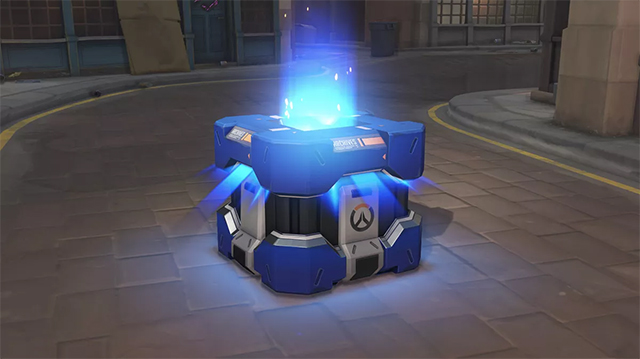Despite signing the 15 country declaration on the topic last month, the Irish government has said that loot boxes cannot be considered as gambling. This comes after many instances where the microtransaction system has been put under scrutiny for its potentially predatory nature over the past few years.
The Irish minister of state in the Department of Justice, David Stanton, announced this sentiment to Ireland’s upper house of the legislature, according to Irish Legal News. Stanton also added that the 15 nation agreement does “does not have legal effect.” He elaborated that his country’s Department of Justice “does not have a role to regulate game developers on how their games work nor, in the offering of in-game purchases.”
He also stated that if a game “offers the possibility of placing a bet or the taking of risk for financial reward within the game, then, in my view it must be licensed as a gambling product.” However, he declared that loot boxes and various other microtransactions do not fall under the category of a legal gambling product. Stanton argues that items “which are promoted to gamers as increasing their chances of success,” are a commercial or e-commerce transaction. This means that to him, they would fall under “normal consumer law,” therefore titles offering such services would not need a gambling license in Ireland.
This is the latest part of an ongoing scrutiny and conversation over whether loot boxes are gambling or not. Loot boxes have been under fire for a few years now and were heavily popularized by Overwatch. Other games like Star Wars: Battlefront II and Middle-earth: Shadow of War started stirring up controversy in late 2017. Their practices were considered overly predatory by many, causing both developers to reevaluate their stances. This situation was further compounded by various companies, such as 2K Games, trying to argue against this position on loot boxes.







